Avoid These 15 Actions When Someone Faints
Fainting can be a frightening experience for the person losing consciousness and those witnessing it. It’s crucial to understand how to react correctly to prevent further harm. Common misconceptions and mistakes regarding the appropriate response to someone fainting will be debunked in this article to help you be useful and helpful in such a situation.
Don’t Panic
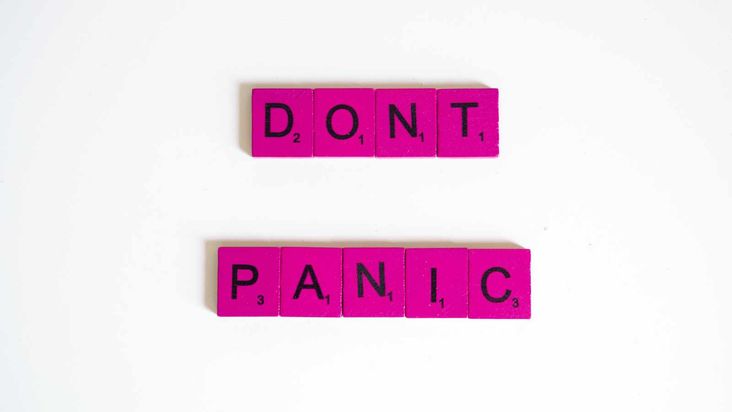
It’s easy to feel overwhelmed and scared when someone faints, but panicking when someone faints can lead to uncalculated actions that might exacerbate the situation, and it’s crucial to stay calm to administer efficient first aid and for better decision-making and swift action.
Don’t Try to Wake Them Up

One of the most common mistakes is trying to wake someone up immediately after they’ve fainted. Waking up a person who has fainted may cause them further stress or injury, as their body needs time to recover especially if the person has fainted due to a medical condition. Instead, give them a few seconds to regain consciousness on their own.
Don’t Pour Water on Their Face

Pouring water on someone’s face as a way to revive them is an old wives’ tale and isn’t medically recommended, as it might obstruct their airway or cause sudden shock. The sudden shock of cold water can cause further distress and lead to unnecessary complications.
Don’t Slap or Shake Them

Slapping or shaking someone who has fainted can also be harmful. Not only does it not help in reviving them, but it can also cause physical discomfort and injuries, especially if the person is already in a vulnerable state. Instead, it is advised to lay the person flat on their back, elevate their legs if possible, and ensure they have plenty of fresh air. Always seek professional medical assistance in such cases.
Don’t Give Them Anything to Drink
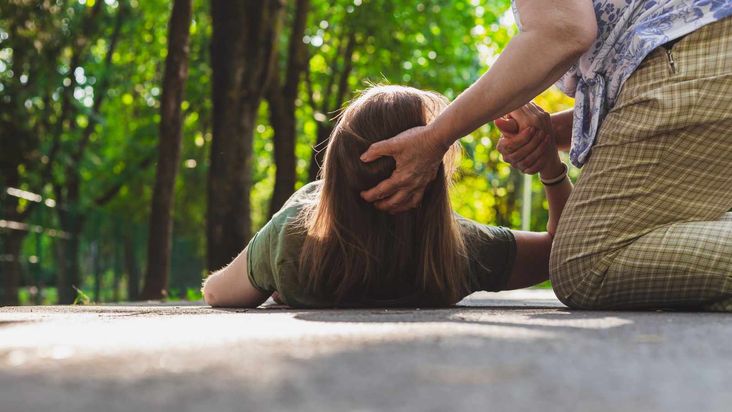
When a person faints, their swallow reflex may not be functioning properly. If you try to give them a drink or water, they could choke or aspirate, which means the liquid could go into their lungs instead of their stomach. This could potentially lead to serious complications such as pneumonia. Waiting until the person fully regains consciousness and their normal reflexes is safer before offering them a drink.
Don’t Crowd the Person

When someone faints, it’s crucial to give them enough space. This allows for better airflow and helps the person regain consciousness more quickly. It also provides enough room for medical professionals or individuals trained in first aid to assess the situation and administer any necessary help properly. The individual could also unintentionally get bumped or moved if crowded, which could potentially cause further injury.
Don’t Try to Carry Them
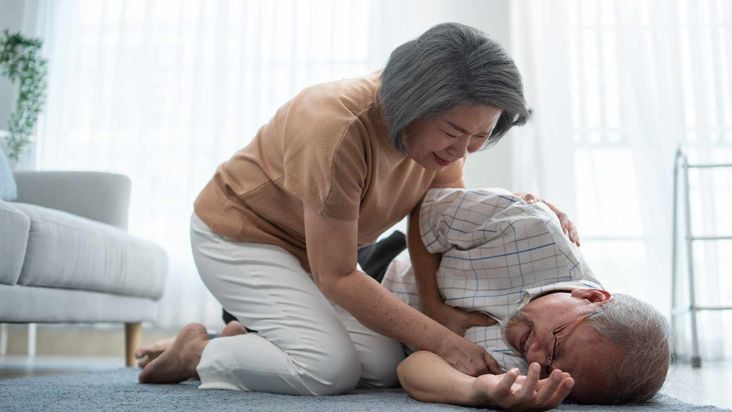
When an individual faints, don’t carry them. Improper lifting of an unconscious person can harm the person and the lifter, including potential injury to the neck or spine. Also, carrying them might exacerbate the situation if they have a medical condition that led to the fainting spell. Unless necessary, avoid trying to lift or carry someone who has fainted.
Don’t Leave Them Alone

Leaving someone who has fainted unattended can be dangerous, as they may need immediate medical attention and without supervision, they could hurt themselves. If possible, stay with the person until they have fully regained consciousness.
Don’t Assume They’ll Be Fine on Their Own
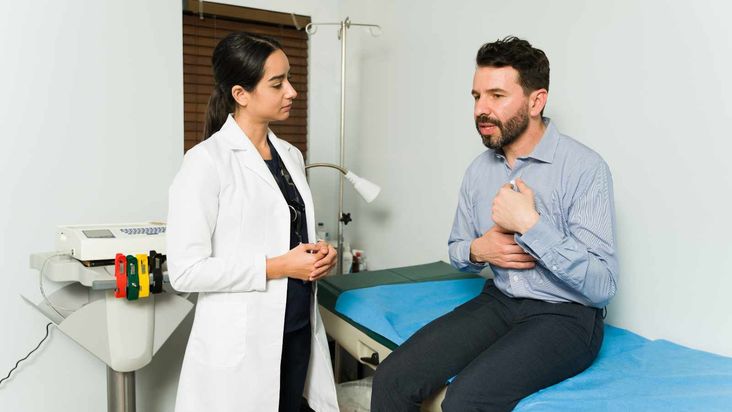
It’s unwise to assume they will be fine on their own because some fainting cases can be symptoms of serious health conditions that require immediate medical attention even if the person regains consciousness quickly. This will help ensure their safety and prevent any future complications.
Don’t Ignore Other Symptoms
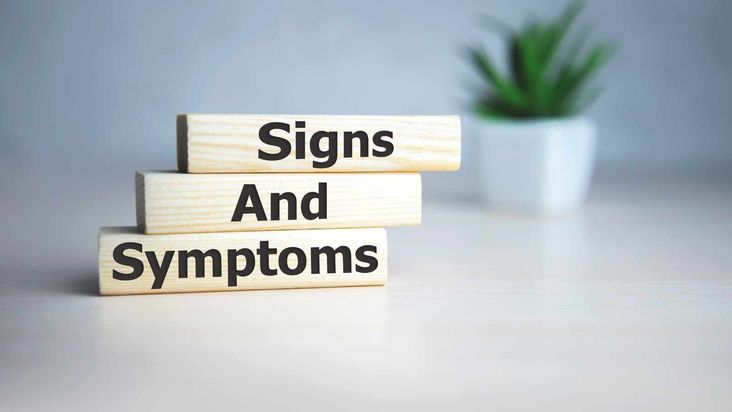
Sometimes, fainting can accompany other symptoms such as chest pain, shortness of breath, or dizziness. These could be signs of a more serious condition and require immediate medical attention.
Don’t Give Them Medication

Unless specifically advised by a medical professional, avoid giving any medication to someone who has fainted. This can worsen their condition or interact with other medicines they may take.
Don’t Assume It’s Just a Simple Faint
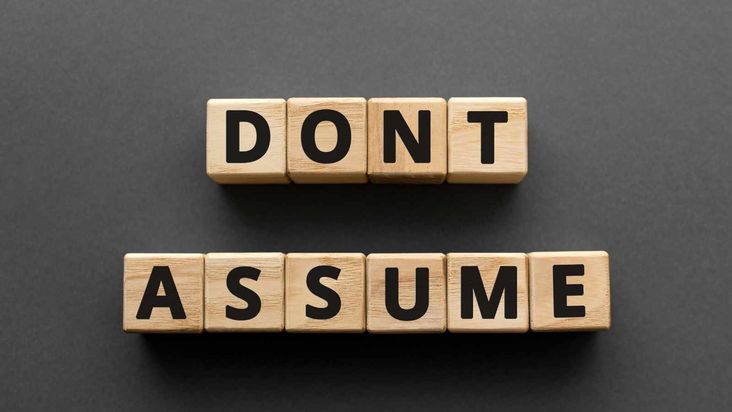
Fainting can have various causes, including low blood sugar, dehydration, or even emotional distress. However, it’s also essential to consider more serious underlying conditions such as heart problems or neurological disorders.
Don’t Dismiss It as a Normal Occurrence

While fainting can be a relatively common experience, it should not be taken lightly. It’s essential to seek medical attention and get a proper diagnosis to determine the cause of fainting.
Don’t Hesitate to Call For Help
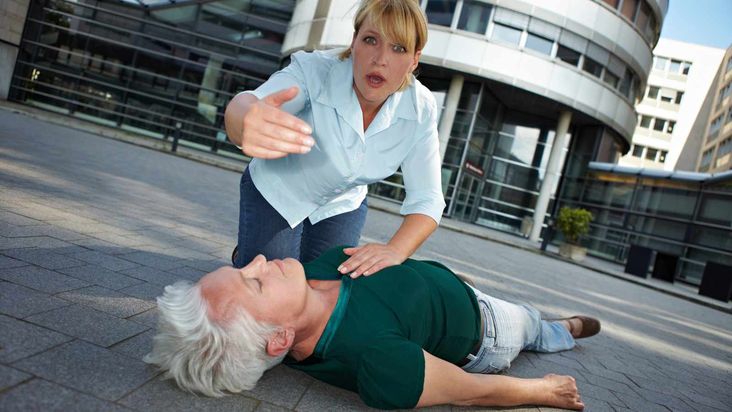
If someone has fainted and is unresponsive or showing signs of distress, call for emergency medical assistance immediately. It’s always better to be safe than sorry in such situations.